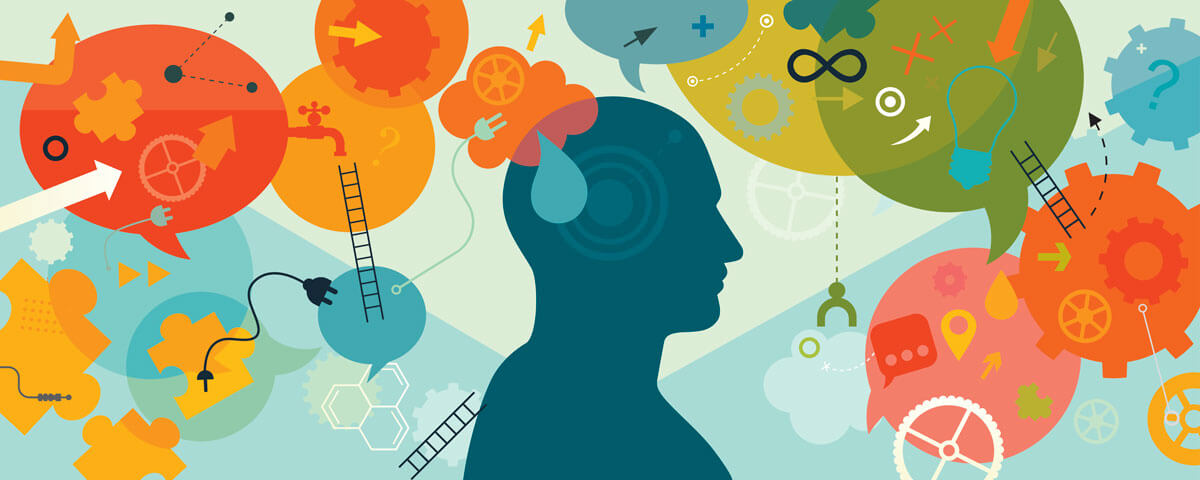Fierce Excerpts: The brain in its restful state.
One of our clients used this discussion this morning with his team and we loved it so much, we wanted to share it with you. It comes from The Neuroscience of Change: A Compassion-Based Program for Personal Transformation, by Kelly McGonigal, Ph.D., and summarized from barexammind.com.
How the brain behaves in its resting state—or, what it does without us even trying.
“Resting state” happens whenever the brain is not focused on completing a specific task that requires most of its attention. A resting state can happen when you are relaxed—or bored.
The science of mental chatter.
When our brains are at rest, scientist have proven that we tend to engage in mental chatter. This can be distracting, and it can make us feel bad about ourselves—even anxious. Neuroscientists have identified four basic types of mental chatter: commentary, time travel, self-referential processing and social cognition. Let’s explore each one:
Commentary: That voice in your head that says, “Why am I here right now? I should be at the beach drinking beer,” or “This coffee is too hot,” or “Why is she wearing that outfit?” It’s a rabbit hole that can suck you in, and it can often be negative.
Time travel: The brain is remembering things that happened in your past, or it projects possible futures. For example, “If I win the lottery, I will…” or “I wonder what I’ll do for dinner?” By thinking about the past and future, you miss out on the moment. Time travel keeps us from being focused, we miss out on learning, and we aren’t enjoying the camaraderie of the people we are with.
Self-referential processing: Anything the brain experiences tends to be interpreted as a sense of who you are. For example, “I like to eat avocado. And that’s because I grew up in Southern California,” or “I’ve been drinking Scotch for 30 years, long before it became popular. I’m such a trend-setter.” The brain begin to create these insane linkages and it’s often counterproductive.
Social cognition: We think about other people and we start to wonder what they think about us. We characterize them like this: “This person is a friend,” or “This person is insane,” or “I like this kind of person, but not that kind,” or “I don’t have as much money as this person—I really wish I did,” or even, “I’m so much smarter than this person.”
If you find your brain taking you down one of these four paths, turn off the mental chatter and love the moment you are in.





